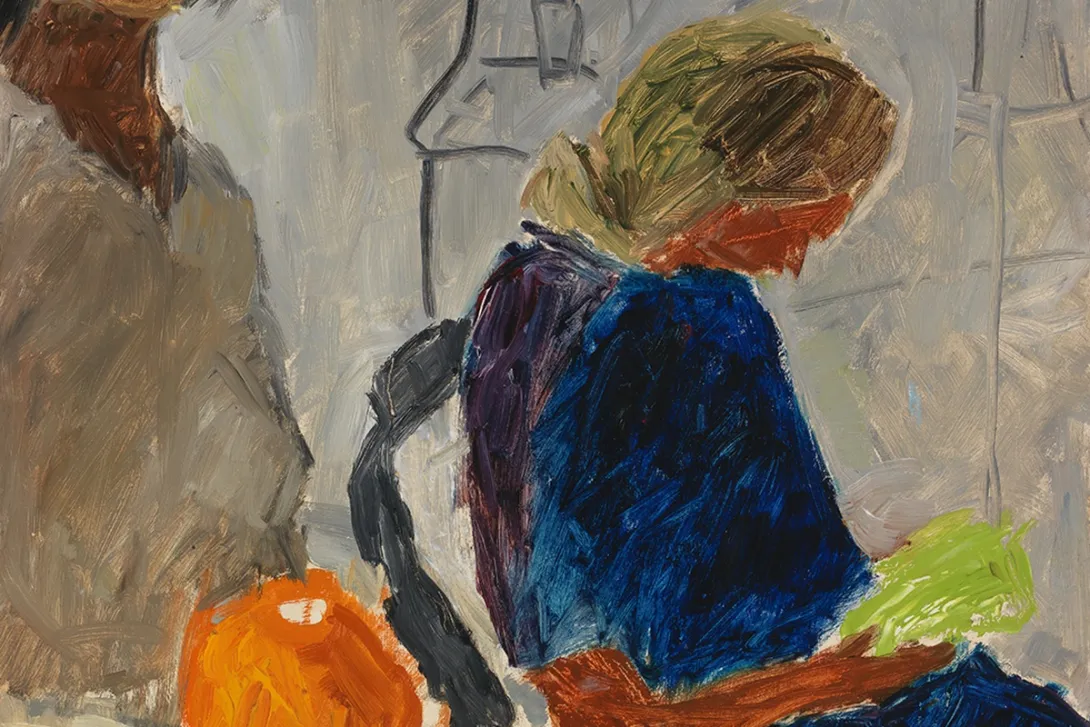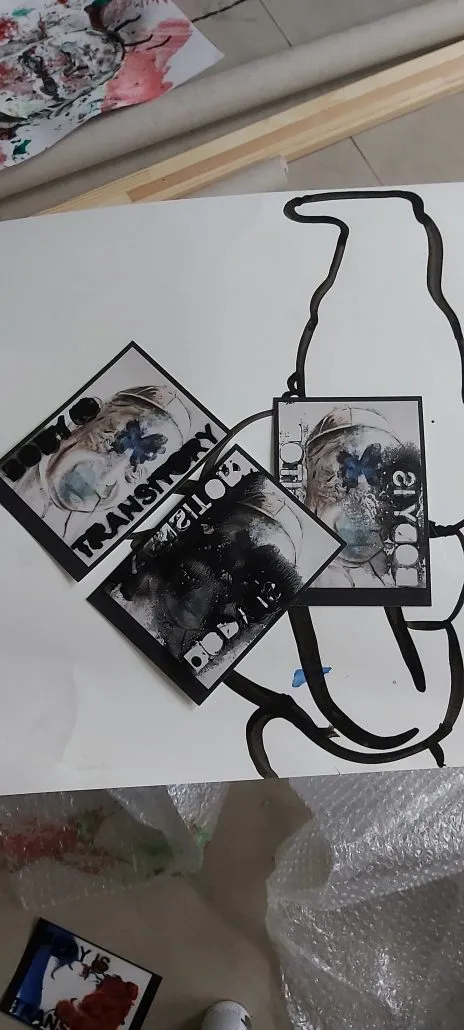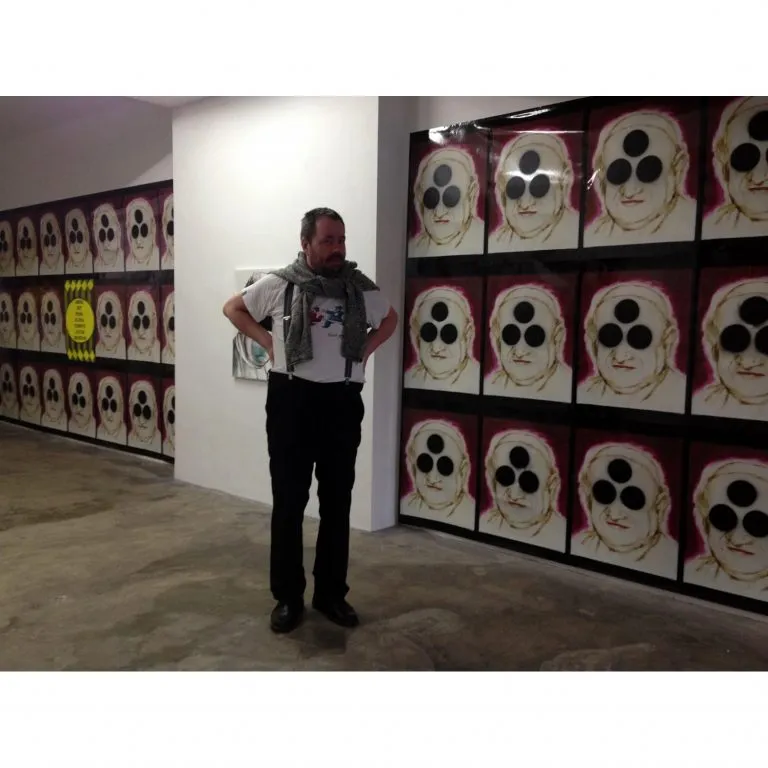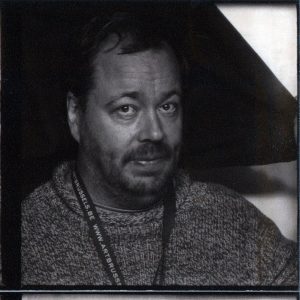Anniversary Exhibition Free 90 | HAM


Visual artist Jukka Korkeila believes that the essence of contemporary art lies in drawing. He wants to emphasize its importance to his students.
“I want to highlight the importance of drawing as a core practice in contemporary art. Drawing should also be at the heart of painting. For many contemporary artists, drawing forms the foundation and essence of their work.
Take Bruce Nauman, for example—behind his performative video art is drawing: he plans his videos through sketches, though these are rarely exhibited. I’ve only seen one of Bruce Nauman’s drawings in a show, and it allowed me to understand his artistic essence rooted in drawing.
Even artists who have stopped painting for various reasons often continue to draw. Drawing holds the core of contemporary art: the language of contemporary art is born from it and shaped through it. From that core, art expands into diverse forms and directions.”
“What would a world without colour be like? It would be a world without light. The monochrome worlds we humans create are intellectual illusions—where there is light, there is colour.
I couldn’t live without colour. Even when it disappears from my work, it always comes back—renewed and redefined by its absence. Painting is also a way of affirming my place in the world, my right to be here, and to be of use to others.
I’m connected to painting by a creative umbilical cord—it may stretch or strain, but it never breaks. I can’t stop painting; I always return to it, even after crises. I could work with other media—photography, for instance—but painting is the medium that constantly challenges me. Painting is life within life; art is the by-product of living.”
“I first studied architecture at the Helsinki University of Technology (now Aalto University) in Otaniemi, Espoo, from 1988 to 1990. I painted for the first time with acrylics in a life-drawing class in spring 1989. Something clicked, and I realised that painting truly interested me.
After that, I studied furniture and interior design at the University of Art and Design Helsinki (now also part of Aalto University). Alongside those studies, I continued painting and drawing in general art courses.
I applied to the Academy of Fine Arts but only got in on my third attempt—by then, I was ready for art studies. That marked the beginning of my real artistic education in the Painting Department from 1992 to 1997. I later studied as an ERASMUS exchange student at the Hochschule der Künste (now Universität der Künste Berlin), under Bernd Koberling, from 1997 to 1998—and in many ways, I’ve been on that path in Germany ever since.”


